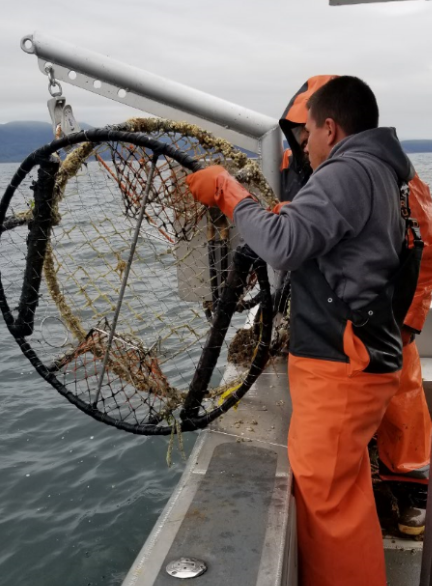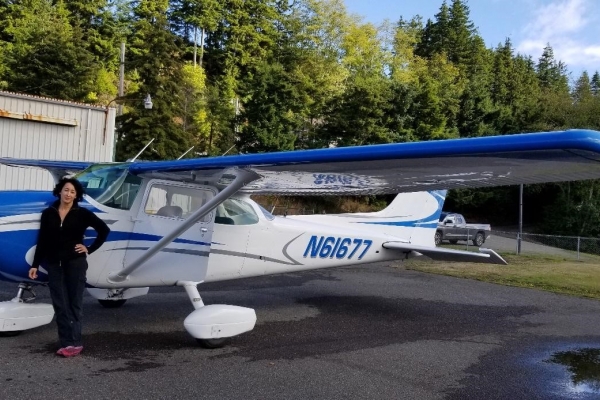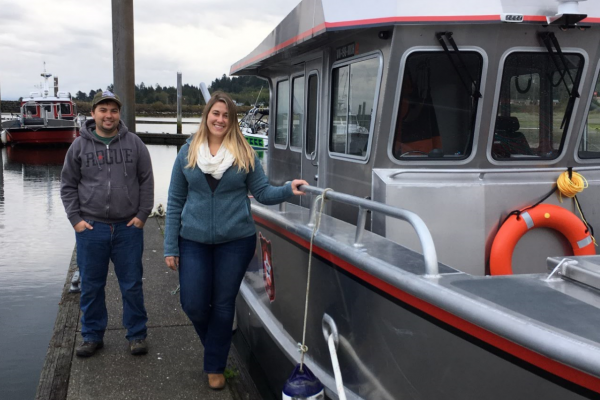Winter storms are fierce and powerful along the coast of the Pacific Northwest, capable of moving fishing gear far from where it was deployed. The peak of the Dungeness crab season is in the dead of winter, coinciding with storm season, a major contributor for gear loss. Lost crab pots and other derelict fishing gear harm the environment, pose a risk to navigation, and negatively impact the economy.
The Makah Tribe is well aware of the impacts of lost fishing gear, and has mobilized to address it. Supported by a community-based removal grant from the NOAA Marine Debris Program, the Tribe has embarked on a project with three main objectives:
1. Remove up to 100 derelict pots and an additional 150 lines;
2. Develop a self-sustaining Tribal reporting and recovery program; and
3. Conduct outreach to Makah Tribal fishers and the community.
Removing derelict pots and lines benefits fishers and the environment by reducing ghost fishing of crabs and other species, decreasing possible entanglement of marine mammals and hazards to navigation, and removing an environmental harm to the Makah Tribe’s Usual and Accustomed Fishing Area and the Olympic Coast National Marine Sanctuary, where this project is taking place. Additionally, removal also opens up salmon fishing grounds. Salmon fishing has not been possible in some areas due to the high density of derelict crab pots entangling salmon fishing gear.

Since this project started, the Makah Tribe has conducted an aerial survey from a fixed wing aircraft to locate lost gear. The Tribe, in partnership with Tribal Natural Resources Enforcement, is using the information on crab pot floats observed by the aerial survey to locate and remove derelict pots from the Makah Tribal Enforcement Vessel.Where pots are buried too deep in the sediment, the team cuts the line as close to the sea floor as possible, eliminating the entanglement hazard to marine life. The team is planning to continue locating and removing derelict gear over the next two years.



Awesome! Way to go Makah and thanks NOAA for funding this important work!